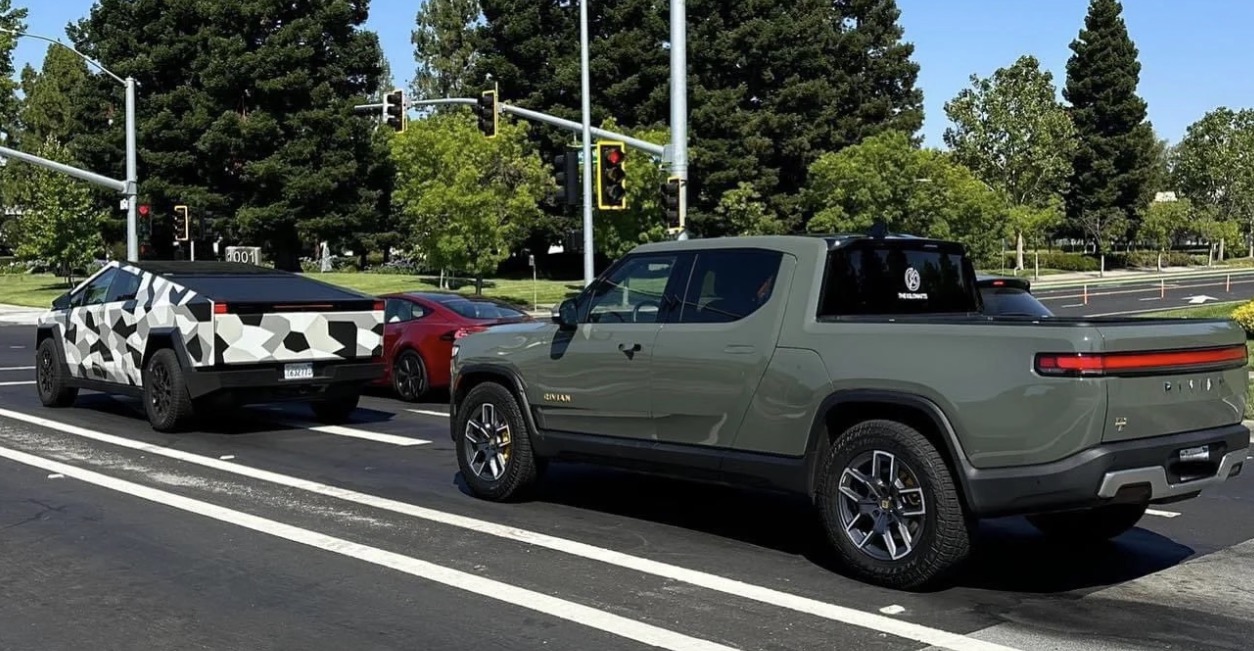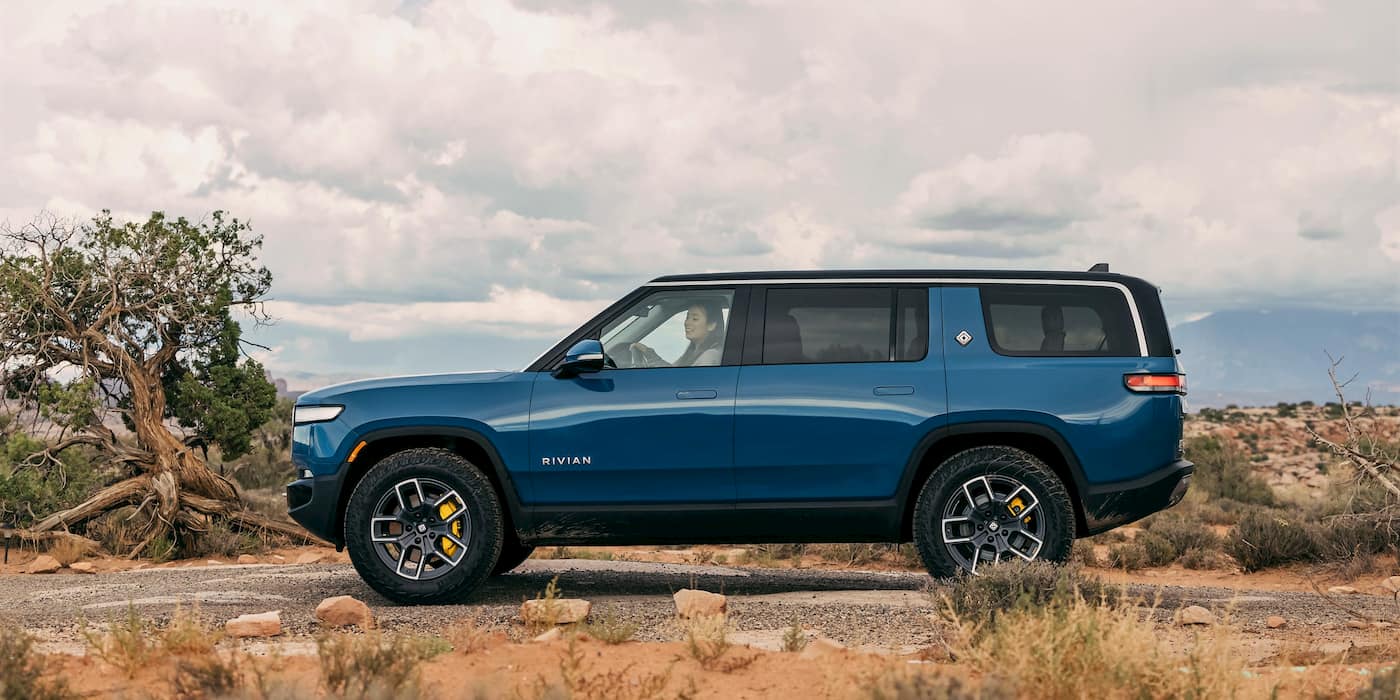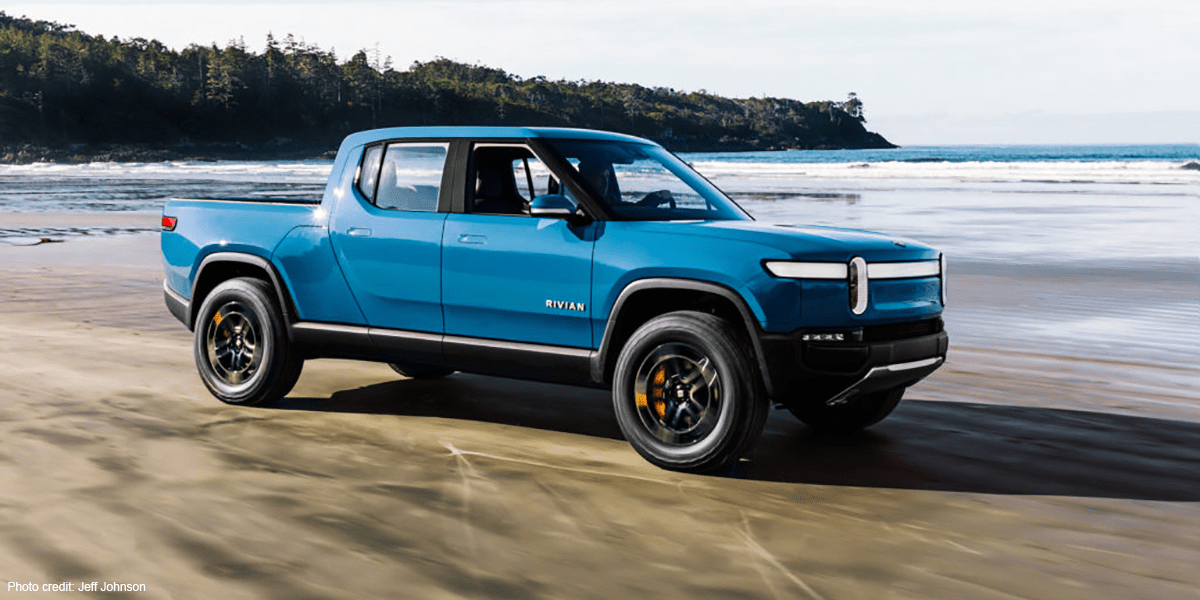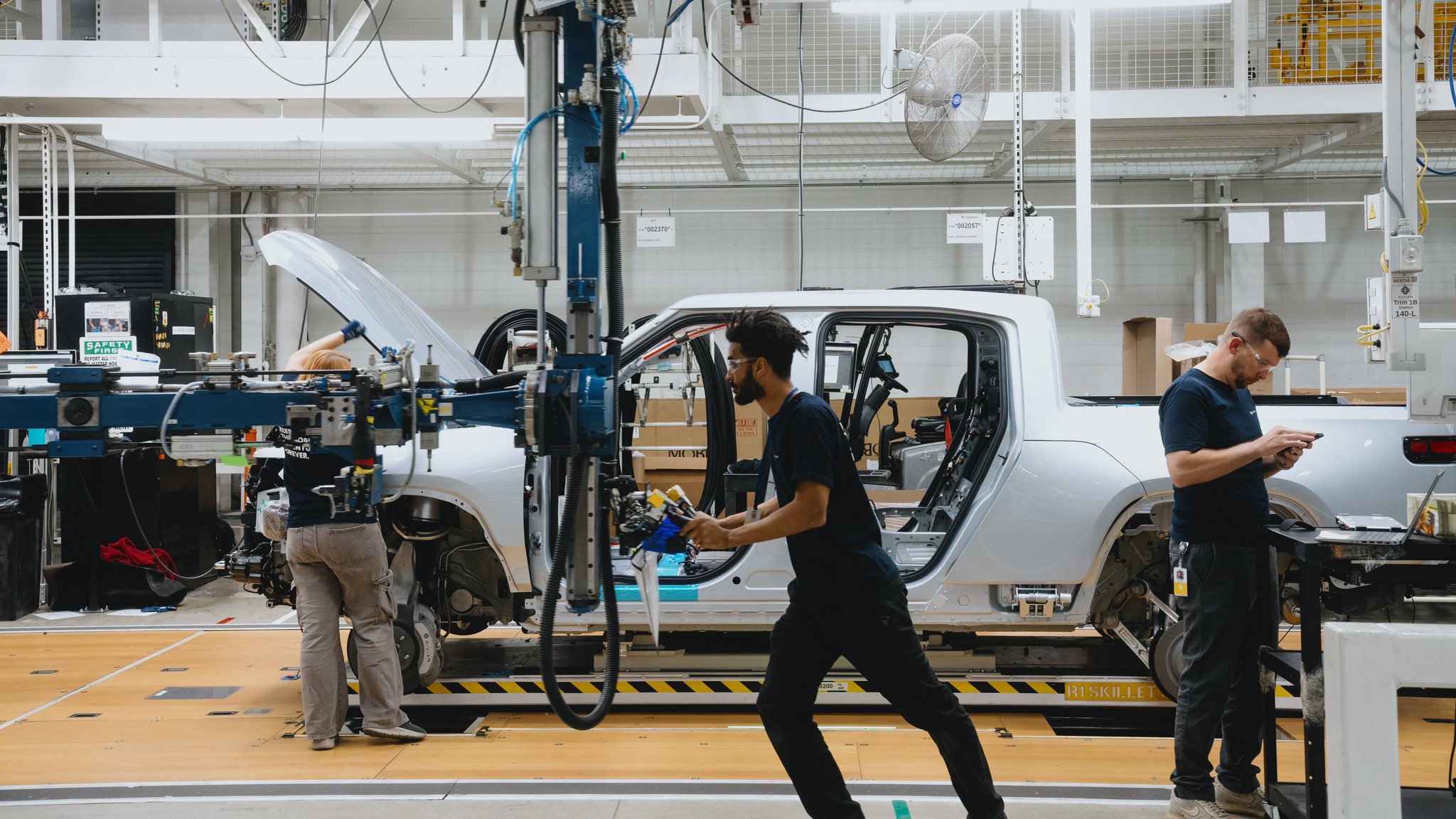In a legal battle spanning three years, Tesla and Rivian are now set to face off in court over allegations of trade secret theft. Tesla had filed a lawsuit against Rivian in 2020, accusing the electric vehicle (EV) startup of hiring former Tesla employees who allegedly brought sensitive trade secrets to their new workplace. Rivian has consistently denied these allegations.
Initially, the specifics of the purported stolen trade secrets were not explicitly disclosed when Tesla filed the lawsuit. The employees at the center of the controversy included two recruiters, an EHS manager, and a manager of Tesla’s charging networks, all of whom were accused of carrying confidential engineering information to Rivian.
A year later, Tesla expanded its claims, accusing Rivian of stealing core technology related to its next-generation batteries.
Recently, a judge made a significant ruling, allowing the case to proceed and denying the employees’ request for summary adjudication. This ruling means that Tesla’s claim about these employees violating agreements prohibiting them from stealing proprietary information and sharing it with competitors will move forward. Furthermore, the judge will also rule on another claim by Tesla, which alleges that the workers unlawfully accessed the company’s computers to copy and steal data.
Interestingly, in the backdrop of this legal dispute, Tesla and Rivian had previously collaborated. They worked together to facilitate the adoption of the NACS connector—a standard designed by Tesla. Despite this partnership, the legal confrontation remains unresolved.
As the case advances to trial, both Tesla and Rivian will have the opportunity to present their arguments and evidence in court. The outcome of this legal battle could have implications not only for the companies involved but also for the broader EV industry.





